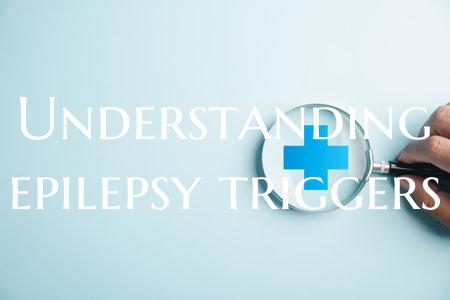
Understanding epilepsy triggers
Epilepsy is a neurological disorder characterized by recurring seizures, which can vary in type and intensity. While the exact cause of epilepsy is often unknown, research suggests that certain triggers can provoke seizure activity in individuals with the condition. Understanding these triggers is crucial for managing and reducing the frequency of seizures.
Stress is a common trigger for epilepsy. Emotional stress, anxiety, or tension can disrupt the balance of brain activity and lead to seizure episodes. Individuals with epilepsy are advised to practice stress-reducing techniques such as mindfulness, deep breathing, or meditation to help minimize the impact of stress on their condition.
Lack of sleep or irregular sleep patterns can also trigger seizures in some people with epilepsy. It is essential for individuals with epilepsy to maintain a regular sleep schedule and prioritize getting enough rest each night to help lower the risk of seizure activity.
Other potential triggers for epilepsy include flashing lights, certain medications, hormonal changes, alcohol or drug use, and skipping meals. Keeping a seizure diary can help individuals track potential triggers and identify patterns that may be contributing to their seizures.
It is important for individuals with epilepsy to work closely with their healthcare providers to identify and manage their specific triggers. By understanding epilepsy triggers and taking proactive steps to minimize their impact, individuals with epilepsy can improve their quality of life and effectively manage their condition.